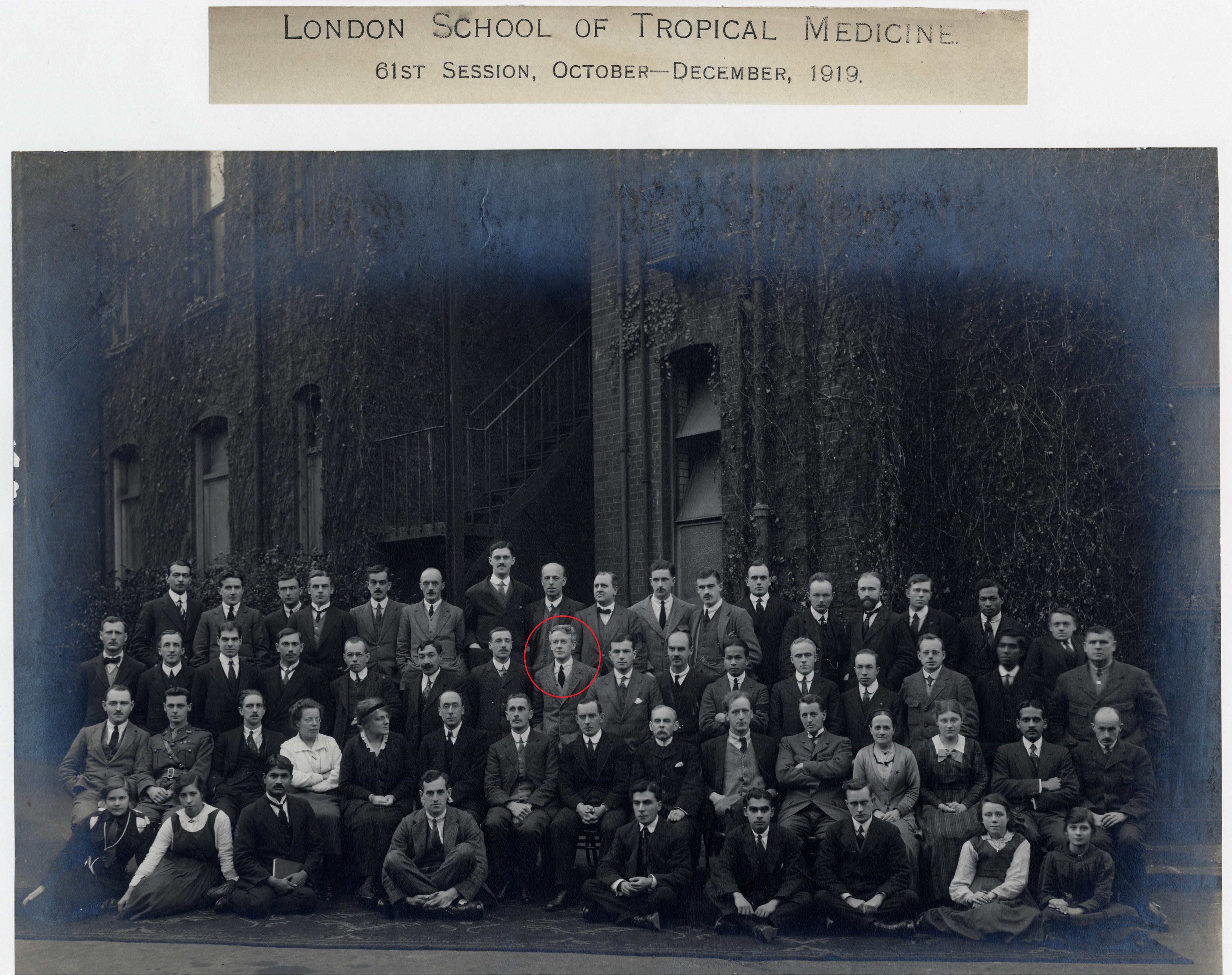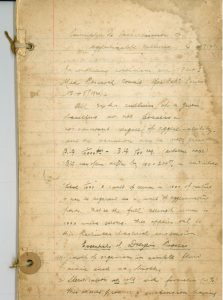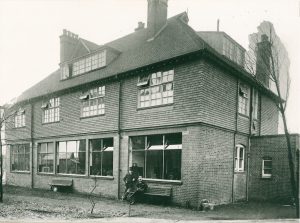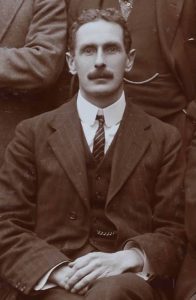It may surprise you to learn that the collection of the month for March consists of only one file, notes made by mycologist James T. Duncan on the ‘Principles of standardisation of agglutinable cultures’.
Who was James T. Duncan?
James T. Duncan was born in Dublin in 1884 and attended the Dublin Royal College of Physicians and Surgeons, a move that was delayed for five years due to Duncan’s accountancy apprenticeship. Fortunately, Duncan completed his studies in Ireland and travelled to the USA and Canada to visit various medical colleges before returning to England. Instead of taking a position in England, Duncan chose an appointment as a surgeon in Singapore in 1914 and later the Acting Principal at the King Edward VII Medical School (now the Yong Loo Lin School of Medicine).
Did Duncan teach or attend the London School of Hygiene & Tropical Medicine?
In 1919, after five years working in Singapore Duncan attended the London School of Tropical Medicine to complete the diploma in Tropical Medicine & Hygiene. Duncan was one of the last students to attend the course at the Albert Dock Hospital before the School moved to the Endsleigh Gardens site.
Whilst studying Duncan became the assistant to Dr Newham until 1929 where Duncan worked in the Bacteriological Department studying Salmonella and Brucella. Indeed, Bruce suffered for his dedication to the School, in 1927 Duncan contracted undulant fever from a patient at the School, which left him incapacitated for a year afterwards.
Why is Duncan Collection of the Month?
When Duncan moved to Winchester with the Emergency Medical Services, during the outbreak of the Second World War, he was made Chairman of the Medical Research Council Committee on Mycology. His position enabled him to establish a Medical Mycology centre at the London School of Hygiene & Tropical Medicine. In this unit, Duncan was able to collect valuable pathogenic fungi, developed strong links with fellow mycologists globally and was able to examine up to 3,000 specimens annually. The success of the centre led to the formation of other mycology units opening up in England and Scotland.
More importantly, he was greatly respected at the School. In the words of Sir Philip Manson-Bahr:
‘Duncan is a very versatile person who is gifted with a charming and jovial personality who with his merry laugh and chuckle makes a myriad of friends.’











